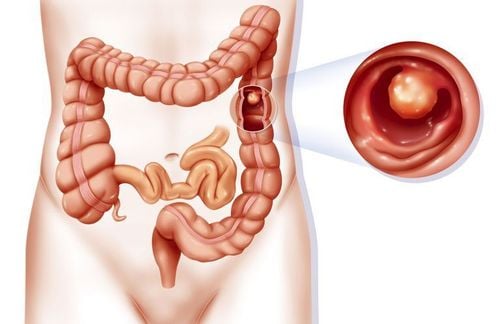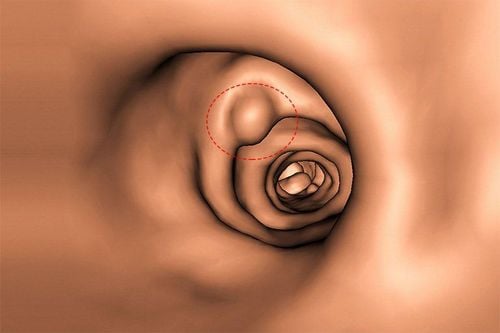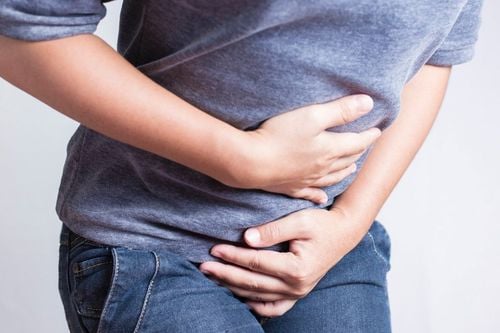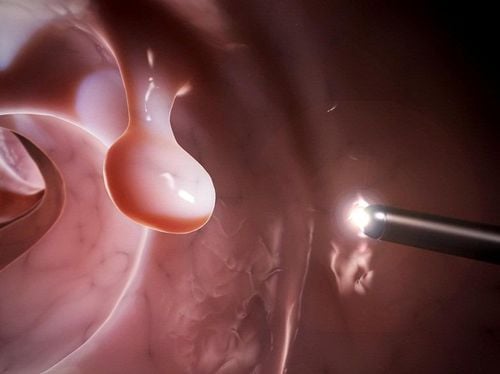This is an automatically translated article.
The purpose of colonoscopy is to detect diseases in the colon and anus, when the patient has symptoms of pain in the lower abdomen, disturbances in stool excretion (bloody stools, loose stools), sadness vomiting, vomiting, weight loss, anemia .. but thinking about colon diseases, it is necessary to conduct colonoscopy, colonoscopy is not necessarily performed at any age.
Video content is professionally consulted by Specialist Doctor I Dong Xuan Ha - Department of Medical Examination and Internal Medicine - Vinmec Ha Long International Hospital
When there are symptoms above, there is no contraindication to colonoscopy, you can go for colonoscopy to screen for colorectal polyps and other problems.
For those who have no risk factors, have no family members with colorectal cancer, colorectal polyps, have never had blood in the stool, a healthy diet, and no alcohol is also good. Should have a colonoscopy after age 40. For those with risk factors, colonoscopy should be done as soon as possible.
Colorectal polyp is a hyperplastic lesion on the mucosal base of the colon, colorectal polyps have many types including: Hyperplastic polyp, ductal polyp, mixed polyp... Polyp lesions are usually benign, polyps in the colon can grow larger, however, not all colorectal polyps can become cancerous, there are people who live with colorectal polyps all their lives without problems. There are also colorectal polyps with cancer, the larger the size of the polyp, the higher the rate of cancer. What is colon polypectomy? When should it be done?
In fact, when colorectal polyps are detected, the doctor will determine the type of polyp, with hyperplastic polyps are usually benign, with a size of < 5cm, there will be no indication for surgical intervention for colon polyps. With ductal polyps, adenomatous polyps, mixed polyps... that can be cancerous, doctors will usually advise patients to remove polyps, after cutting, theoretically, it will take 3-5 years to need them. Go check again. However, in practice, patients should go back for colonoscopy after 1-2 years of colon polyp surgery.
For colorectal polyps with high-grade dysplasia, partially cancerous polyps that have not penetrated into the submucosa that have been intervened, they should be re-examined after 3-6 months. In case of dysplastic polyps, in addition to endoscopy, blood tests, magnetic resonance imaging (MRI) and CT scans should be performed to see if there are lymph node metastases or surrounding abnormalities.
Please dial HOTLINE for more information or register for an appointment HERE. Download MyVinmec app to make appointments faster and to manage your bookings easily.














